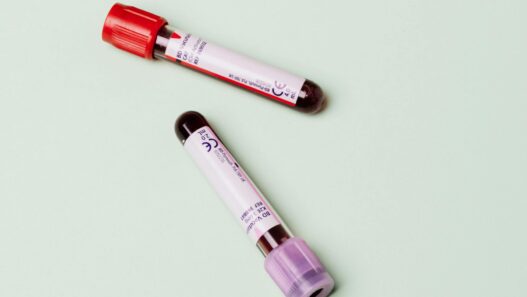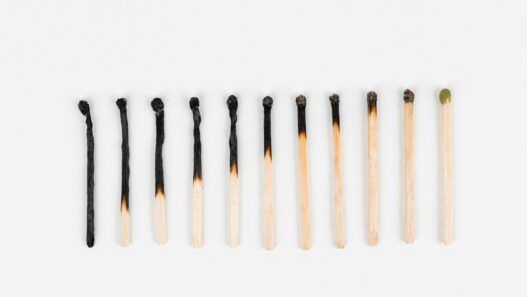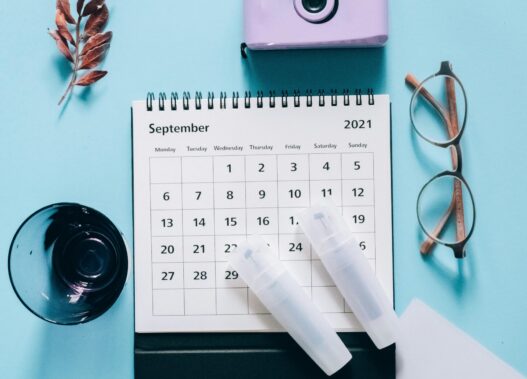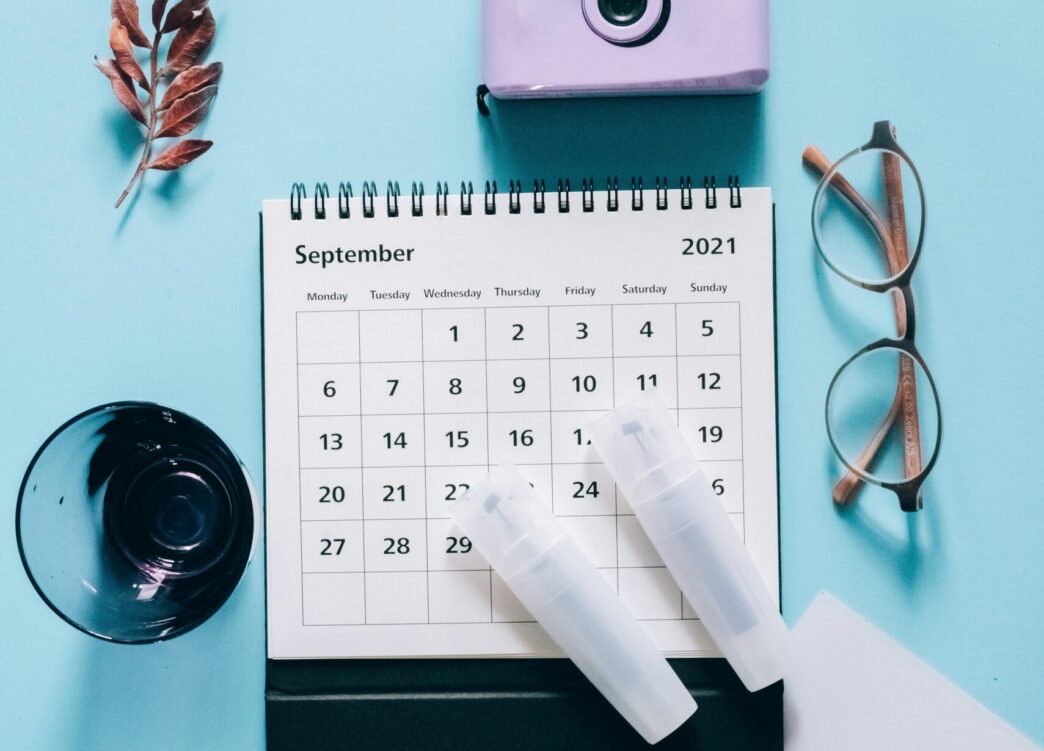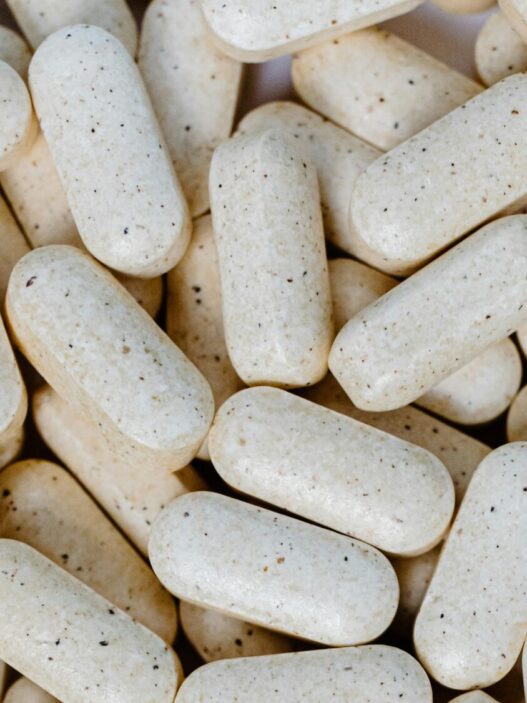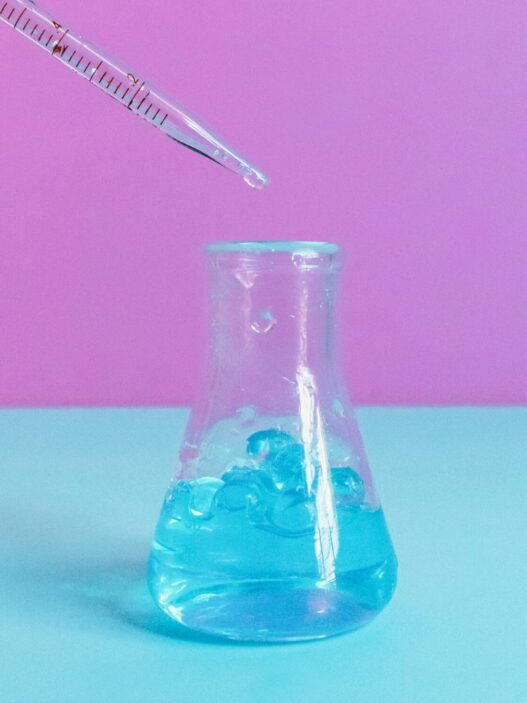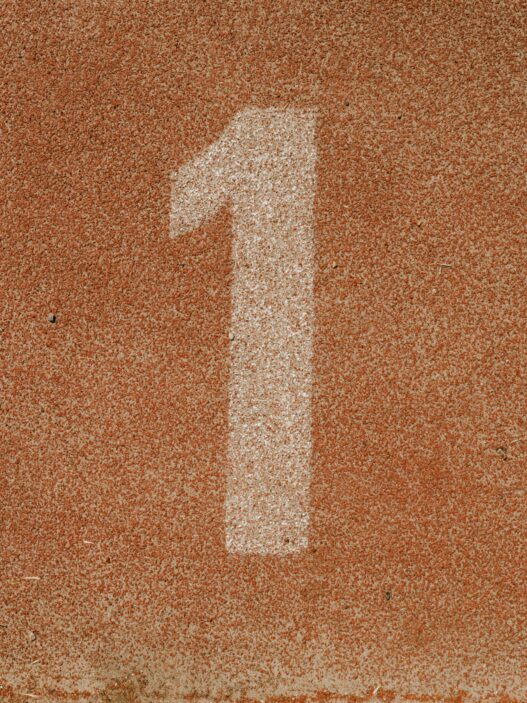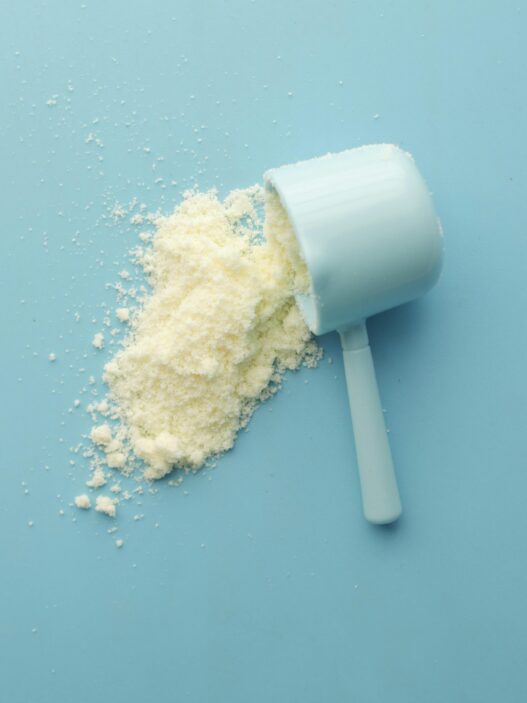Collagen in general is non toxic and universally recognised as safe to consume in a balanced way and as part of a balanced diet (which includes vitamins and nutrients).
As collagen, by default, makes up 30% of the protein in the human body, it doesn’t have a bias to whether that body is one gender or another.
That being said, women and men can supplement collagen into their diet in a way that targets a specific focus or purpose depending on their lifestyle and needs e.g. are they elderly, are they athletic, is it for hair or skin care etc.
This is because collagen can be broken down into 5 types, with each type accounting for different quantities of the collagen in the body and serving different purposes in the body.
So as a woman, it is very important to ask yourself, why am I supplementing collagen into my diet and what do I hope to gain?
When do women start losing collagen?
Studies have shown that collagen production starts to reduce in a woman’s body roughly around their mid twenties to early thirties.
So at the earliest, a woman should consider supplementing collagen into her diet around the age of 25 to 26. This is because after the age of 25, collagen production in the body reduces approximately by 1% each year.
By the time a woman is 40, the collagen production is estimated to drop to around 24% of what it was compared to their early 20’s.
Whilst your natural bodily production of collagen will gradually reduce leaving it with a limited supply, if you supplement or top up that collagen, your body will be able to take advantage of the additional supply for your general health.
What age is too late to take collagen?
No age is too late for a woman.
Always remember that there is no perfect time to begin to take collagen, and it definitely is never too late. Any supplement at any time in your life will ultimately support and give your body the boost it needs for recovery and maintenance regardless of your age.
Your body, whether that’s at the age of 25 or 60, will always take the collagen peptides and put it through collagen synthesis in order to create collagen and utilise however which way it needs to.
What are the signs of collagen loss in the body?
As collagen loss is gradual, these signs may not immediately stand out to you. Alongside this, some of these signs are often put down to natural ageing and accepted as just that.
However, always remember that ageing is just the natural progression of your body, and if you make the choice to feed your body with things it needs, you will always see a difference in how you look and feel.
Now, the tell tale signs of collagen loss can include but are not limited to :
- Reduced skin hydration.
- Wrinkling of the skin.
- Reduced skin elasticity and volume.
- Reduced fullness of the face / skin.
- Sagging of the skin.
- Changes in the texture of your skin.
- Early signs of joint pain.
- Reduced flexibility in your joints.
- Brittleness in your nails.
It is important to seek medical advice from your doctor to ensure there aren’t any other underlying conditions or issues that need to be addressed.

